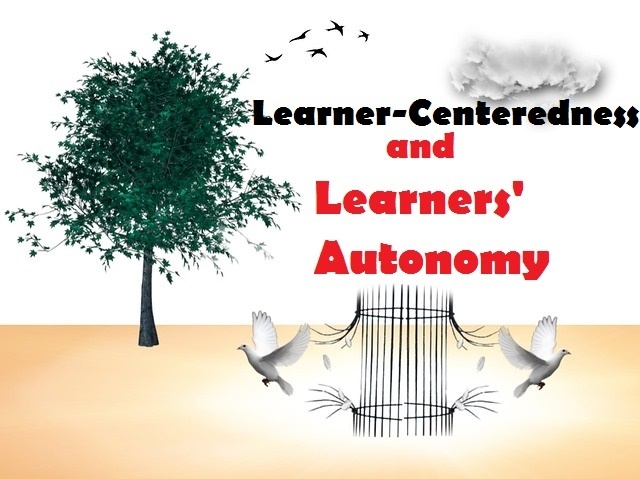Now more than ever, I firmly believe that conducting action research at schools is a professional obligation that every single teacher should commit to. My belief stems from classroom realities and recent empirical research.
There is a substantial body of evidence to support the statement that ‘’action research is very effective in terms of raizing students’ achievement and teacher classroom practices’’. Check a shortlist below for some references that can help you have basic knowledge about how teachers can conduct and implement action research in their classrooms.
What is action research?
Classroom action research refers to a disciplined systematic pedagogical process of inquiry that involves teachers investigating a specific educational issue that relates to either classrooms or schools. The goal of action research is to answer questions about teaching or students’ learning, improve teaching practices, solve school problems, raizing students’ achievement, and improve the quality of education at schools.
What steps action research involves?
Just like any type, action research can be undertaken by a single teacher or a group of teachers who are preoccupied with the same pedagogical issue or problem. Action research is a systematic process and undergoes the following steps :
- Selecting the target area.
- Identifying the research objectives and questions.
- Reviewing the literature.
- Data collection.
- Data analysis and reporting.
- Taking actions to solve the problems.
Why is it hard to implement action research at schools?
Many teachers would acknowledge that conducting action research is hard and beyond their skills. Action research is not as difficult in terms of implementation as much as the prerequisites. Looking at the issue in-depth, I believe that there are academic and non-academic challenges. Here are some aspects that inhibit the process of action research:
Firstly, a typical teacher who works an average of 30 hours a week may not be interested in doing action research.
So, time is a big issue here. There is so much teacher workload and thinking about doing action research is the last thing some teachers are thinking about.
Secondly, many teachers lack the basic theoretical luggage underpinning scientific research.
They haven’t received enough pre-service training on how action research is done. Besides, there is a scant amount of professional development initiatives that target teachers’ pedagogical knowledge.
Thirdly, burnout and lack of motivation.
Many teachers are burned out and lack the motivation to do anything, let alone conduct action research. The reason for this burnout is probably the school culture and atmosphere that discourages them.
Fourthly, misconceptions about action research.
Many teachers still hold conceptual, methodological, and ethical misconceptions about action research. Some of them believe that this kind of research is just a waste of time and should not be done to the detriment of teachers’ time. Some others believe that the outcomes will be far-fetched in terms of classroom applications. So, they say: ‘why bother?’
Finally, management and ICT skills.
We all know research skills require management and ICT sub-skills. A large number of teachers would report that they lack these basic skills. Therefore, undertaking action research is technically difficult.
With regard to the non-academic challenges, I believe that teachers lack the necessary resources, tools, and equipment. Many teachers would report they lack logistic resources, such as laptops, printers, papers, photocopier….etc. and financial resources, such as the budget to cover different kinds of stuff and materials that will be needed during this process.
Some teachers may report that the school culture is detrimental. No initiatives to support personal ambitions and aspirations may render teachers careless to do anything.
How can educators take action?
I believe there are many ways educators can help teachers regain confidence in doing action research. By the term ‘educator’, I simply refer to school administrators, educators, and others who engage in the educational realm.
Firstly, developing a positive and collaborative environment.
This may involve building a culture of doing research where teachers are encouraged to do classroom research every now and then. It may involve conducting collaborative action research where colleagues are invited to take part in such initiatives. Not to mention that emotional support can remarkably help teachers who are left in despair or suffering from burnout.
Secondly, the provision of resources.
In this regard, efforts have to be made to enable the necessary equipment in the hands of teachers. What’s more, professional developers have to awaken the giant inside teachers through continuous encouragement, consistent constructive feedback, workshops, short-term training….etc.
Thirdly, improving knowledge about action research and fundamental skills.
To ensure quality action research, more attention should be given to macro and micro-skills that are critical in the research process, such as time management, academic writing, critical thinking, synthesis, analysis, using software…etc.
If you are a teacher or educator, what difficulties have you ever experienced when you wanted to implement action research?
Please, share your answers in the comments and let us know more. Please, Like our Facebook page and share this post to help someone who needs to know about this.
References:
- Altrichter, H. (1991) ‘Do we need an alternative methodology for doing alternative research?’ In O. Zuber-Skerritt. (Ed) Action research for change and development. Aldershot/Brookfield: Avebury.
- Altrichter, H. (1992) ‘The concept of quality in action research: giving practitioners a voice in educational research’. In M. Schratz (Ed.) Qualitative Voices in Educational Research. London: Falmer Press p. 40- 55.
- Altricher, H. (1993) Teachers investigate their work: An introduction to methods of action research. New York: Routledge.
- Altrichter, H. and Posch, P. (1989) Does ‘grounded theory’ approach offer a guiding paradigm for teacher research? Cambridge Journal of Education 19(1): 21-31.
- Cross, P. and Steadman, M. (1996) Classroom Research: Implementing the Scholarship of Teaching. San Francisco: Jossey-Bass.







